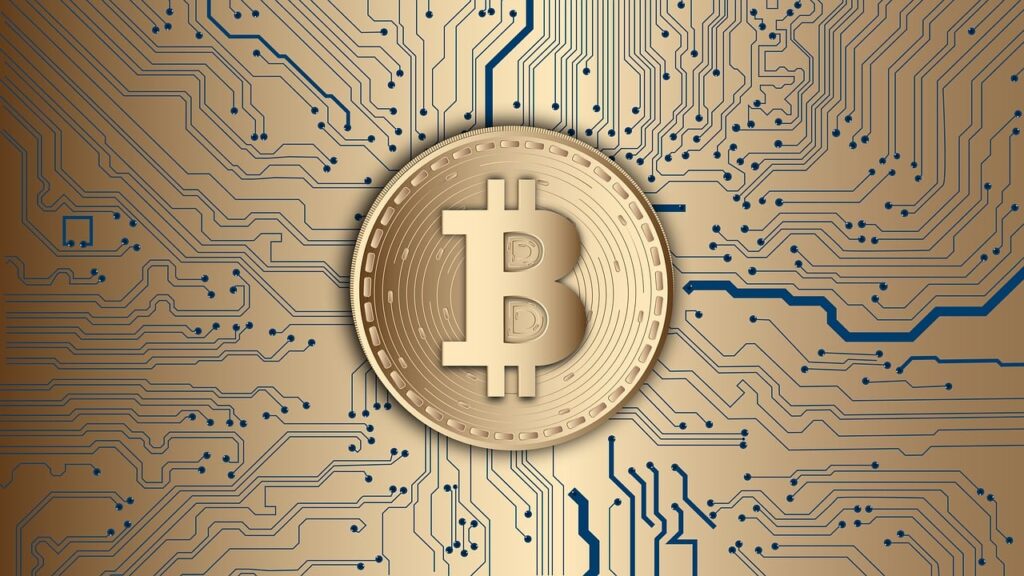Introduction to Internet Computer
Internet Computer is a groundbreaking technology that aims to revolutionize the way we interact with the internet. It is a decentralized network that enables the creation of web applications and services directly on the internet, without the need for traditional hosting services.
Internet Computer represents a transformative approach to web infrastructure by providing a decentralized platform for building and deploying applications directly on the internet. Unlike traditional hosting services, Internet Computer leverages blockchain technology to enable seamless interaction with decentralized applications (dApps) and smart contracts.
Understanding the Concept of Internet Computer
Internet Computer introduces a paradigm shift by allowing developers to build and deploy applications seamlessly on a global scale. It leverages blockchain technology to provide a secure and transparent environment for executing smart contracts and hosting applications.
At its core, Internet Computer seeks to decentralize the internet by empowering users to control their data and interactions online. By leveraging blockchain and cryptographic principles, Internet Computer ensures transparency, security, and censorship resistance across its network.
Decentralization
At the core of Internet Computer is its decentralized architecture, which eliminates the need for centralized servers and intermediaries. This ensures greater resilience and censorship resistance, making it ideal for hosting mission-critical applications.
Decentralization lies at the heart of Internet Computer’s architecture. By distributing computational resources across a network of nodes, Internet Computer eliminates single points of failure and reduces reliance on centralized infrastructure.
Canister Smart Contracts
Internet Computer utilizes canister smart contracts to manage and execute code securely on the network. These canisters act as autonomous units of computation, enabling seamless interaction between different parts of the system.
Internet Computer introduces the concept of canister smart contracts, which serve as autonomous units of computation within the network. These canisters enable developers to deploy code securely and interact with other components of the platform in a decentralized manner.
Internet Identity
Internet Computer introduces the concept of Internet Identity, which enables users to manage their digital identities securely across various applications and services on the platform. This enhances privacy and data ownership for users.
Internet Computer incorporates Internet Identity, a mechanism for managing digital identities across its ecosystem. Internet Identity enables users to maintain control over their personal information and authenticate themselves across various applications and services on the platform.
Benefits of Internet Computer

Scalability
One of the key advantages of Internet Computer is its ability to scale dynamically to meet the demands of growing applications. By leveraging its decentralized architecture, Internet Computer can handle a large volume of transactions and computations in a highly efficient manner.
Internet Computer offers unparalleled scalability by allowing applications to scale dynamically with demand. By harnessing the collective computing power of its network, Internet Computer can accommodate a wide range of use cases and workloads without compromising performance.
Security
Internet Computer offers enhanced security features through its use of cryptography and decentralized consensus mechanisms. This ensures that applications hosted on the platform are resistant to various forms of cyber attacks and manipulation.
Security is a top priority for Internet Computer, which employs cryptographic techniques and decentralized consensus mechanisms to safeguard user data and transactions. By design, Internet Computer minimizes the risk of unauthorized access, data breaches, and tampering.
Interoperability
Internet Computer promotes interoperability by enabling seamless integration with existing internet protocols and standards. This allows developers to leverage a wide range of tools and technologies to build innovative applications on the platform.
Internet Computer promotes interoperability by adhering to open standards and protocols for web development. This interoperability enables seamless integration with existing internet infrastructure and facilitates the exchange of data and assets across different platforms and networks.
Applications of Internet Computer
Internet Computer has diverse applications across various industries and sectors. Some of the key use cases include:
Decentralized Finance (DeFi)
Internet Computer provides a robust infrastructure for building decentralized finance applications, including decentralized exchanges, lending platforms, and asset management solutions.
Internet Computer serves as a robust platform for building decentralized financial applications, including decentralized exchanges, lending protocols, and asset management solutions. These DeFi applications offer users greater financial autonomy and accessibility.
Social Media Platforms
Internet Computer enables the creation of decentralized social media platforms that prioritize user privacy and data ownership. These platforms offer users greater control over their personal information and content.
These platforms empower users to control their online presence and engage with communities without intermediaries or centralized control.
Supply Chain Management
Internet Computer can streamline supply chain management processes by providing a transparent and immutable ledger for tracking goods and transactions. This enhances traceability and accountability throughout the supply chain.
Challenges and Limitations
Despite its potential, Internet Computer faces several challenges and limitations that may impact its widespread adoption. These include:
Adoption Hurdles
Internet Computer is still in its early stages of development, and widespread adoption may take time due to technical complexities and regulatory uncertainties.
Regulatory Concerns
The regulatory landscape surrounding blockchain and cryptocurrencies remains uncertain, which could pose challenges for Internet Computer and its ecosystem participants.
Future Outlook of Internet Computer
Despite the challenges, Internet Computer holds immense promise for transforming the internet landscape. As technology evolves and adoption grows, Internet Computer is poised to play a significant role in shaping the future of decentralized computing.
Conclusion
In conclusion, Internet Computer represents a paradigm shift in how we interact with the internet. Its decentralized architecture, scalable infrastructure, and diverse applications make it a transformative technology with vast potential. While challenges remain, the future outlook for Internet Computer is promising, with opportunities for innovation and growth across various industries and sectors.

Unique FAQs
- What sets Internet Computer apart from traditional hosting services? Internet Computer eliminates the need for centralized servers and intermediaries, offering a decentralized infrastructure for hosting applications directly on the internet.
- How does Internet Computer ensure security and privacy for users? Internet Computer leverages cryptography and decentralized consensus mechanisms to ensure the security and privacy of user data and transactions on the platform.
- What are some real-world applications of Internet Computer? Internet Computer has applications across various industries, including decentralized finance, social media platforms, and supply chain management.
- What are the key challenges facing Internet Computer? Challenges facing Internet Computer include adoption hurdles, regulatory concerns, and technical complexities associated with decentralized computing.
- What is the future outlook for Internet Computer? Despite challenges, Internet Computer is poised for growth and innovation, with opportunities to reshape the internet landscape and drive decentralized computing forward.

